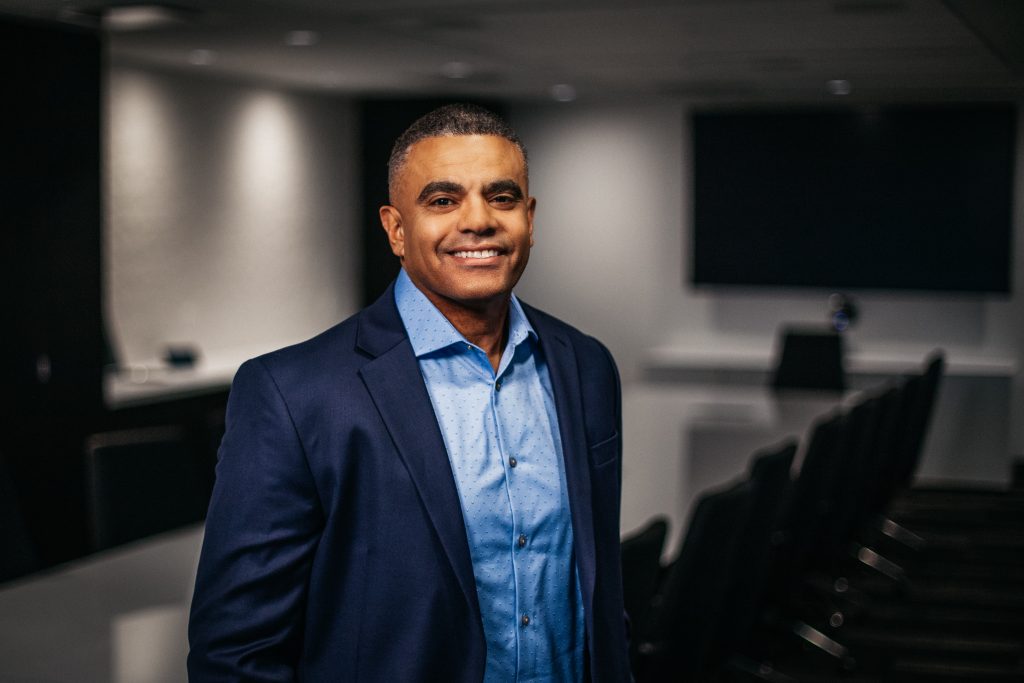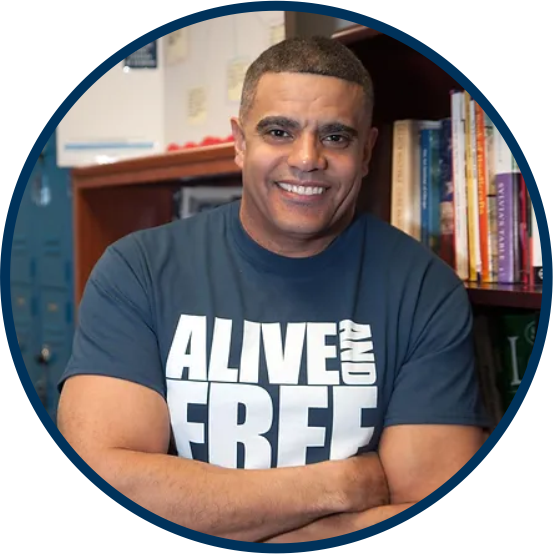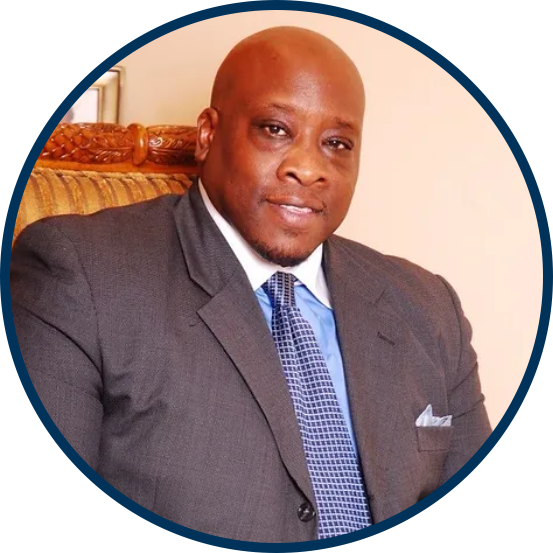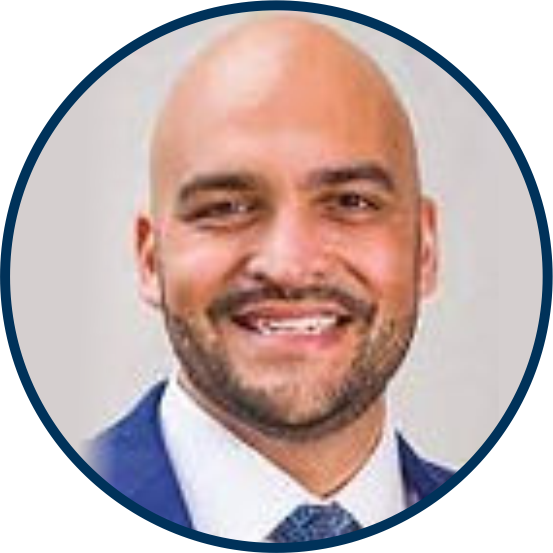ABOUT SOCIAL CAPITAL BUILDERS

Who We Are
Why Social Capital Builders?
How We Work
Social Capital Builders (SCB) works with various organizational partners to bring its unique brand of experiential, asset-based social capital literacy, analysis, and development services to improve outcomes for adult job seekers, students, entrepreneurs, and returning citizens. SCB provides intensive and engaging practicum-based training to organizations seeking to integrate a social capital framework into their current program design. A social capital framework recognizes that connections are a key determinant of financial and social wellness. In such a framework, organizations create policies, principles, and practices that help individuals and groups identify these connections and support them in engaging and maintaining structured, measurable, and meaningful connections to a wide range of social capital assets, both within and outside of their community.
Our program partners receive intensive training and support from highly trained Social Capital Builders – SCB staff who work directly with them in understanding and delivering the social capital model.
Social Capital Literacy
Social Capital Analysis
Social Capital Development
Our Goals
- By the year 2024, provide social capital literacy, analysis, and development training to 1,000,000 low-income youth and adults throughout the United States.
- By the year 2025, secure system-wide adoption of social capital literacy and development as a post-secondary education and workforce development strategy.


EDWARD DEJESUS
DeJesus is a leading expert on social capital in the United States. For more than 30 years, he has mixed his love for policy, research, and practice by conducting research on effective programs that improve the economic mobility of low-income youth and adults. He has been a consultant to the Annie E. Casey Foundation, Charles Stewart Mott Foundation, the U.S. Dept. of Labor, the Office of Job Corps, YouthBuild USA, the National Guard Challenge Program, the National Education Association, and the AARP.
CHARLES DOSTSON


Stephanie Simpson
Meet Stephanie Simpson, the dynamic Program Assistant at SCB. Stephanie embarked on her journey with us two years ago, initially making her mark as an enthusiastic Cash Club leader. In her current role, she plays a pivotal part in facilitating the smooth operation of SCB’s diverse programs. Notably, Stephanie is a certified Social Capital Builder trainer and has been instrumental in leading our summer Social Capital courses, designed to empower high school and college students. Currently, she is furthering her expertise in the field as a business major at Howard Community College.

Cleveland Smith
Demetria Williams

Davone Freeman
Davone Freeman is the Media and Program Manager at SCB, a role in which he expertly handles a diverse range of media responsibilities. From orchestrating online course materials to capturing live events and managing dynamic social media content, Davone’s expertise is pivotal in enhancing SCB’s digital presence. His responsibilities also extend to managing key programs such as the Cash Club, Social Capital Smart courses, and various justice initiatives, showcasing his versatility and commitment to SCB’s mission. As an SCES Specialist, Davone brings a multifaceted skill set as a Videographer and Editor. With over 10 years of experience in writing, editing, and researching a broad range of content, his ability to craft compelling narratives is unparalleled. Davone’s multifaceted expertise makes him an invaluable asset to the SCB team.


ADAM DOUGLAS
SARA KINGSLEY


KIM DOHNER

